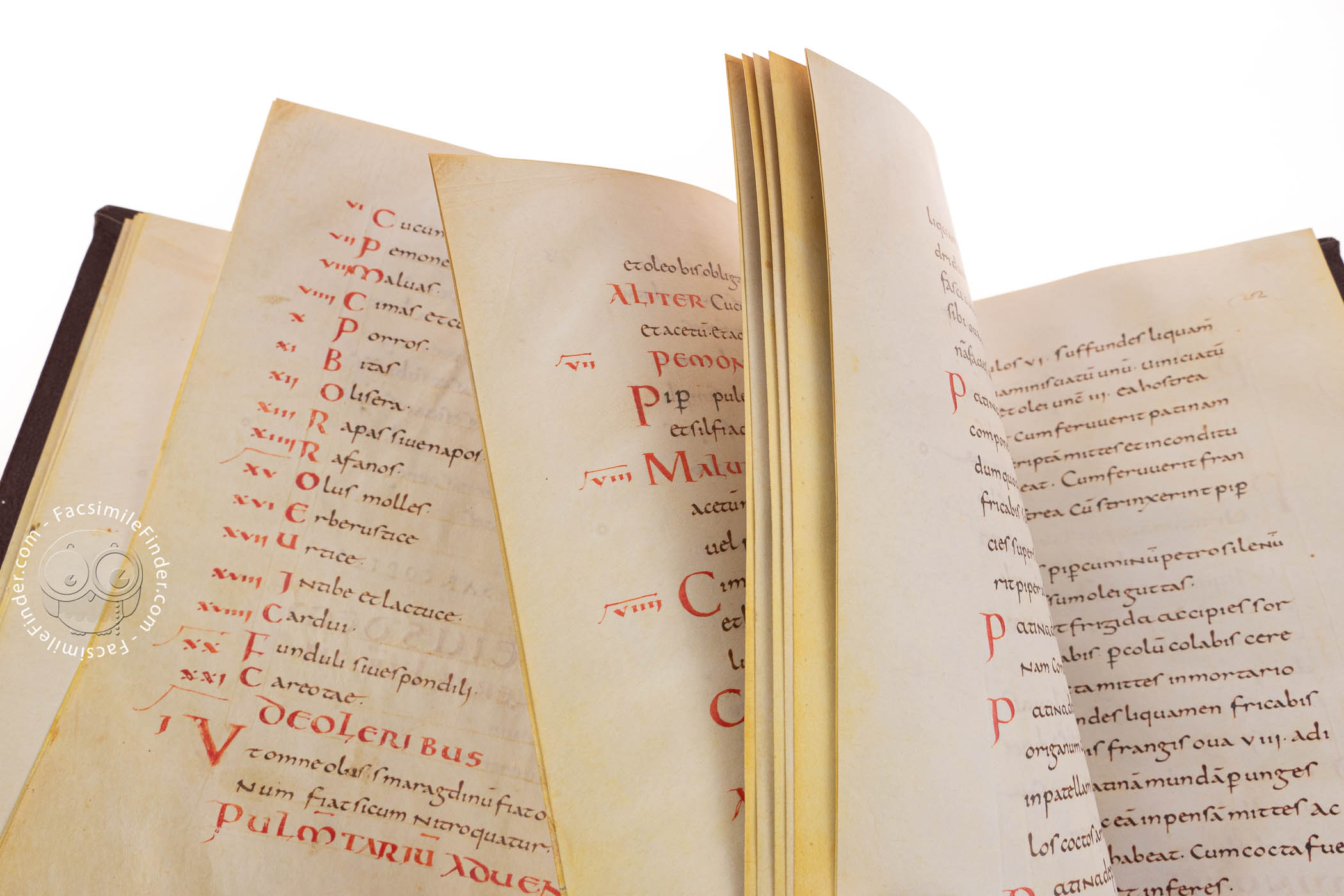
Apicius De Re Coquinaria « Facsimile edition
De Re Coquinaria. Nevertheless, Apicius became 'the' name when it came to food, and this is evident in the 4th century AD cookbook, the De Re Coquinaria. It has been suggested that, apart from some dishes which seem to be named after him, there is little direct connection between this piece of work and the notorious gourmand.
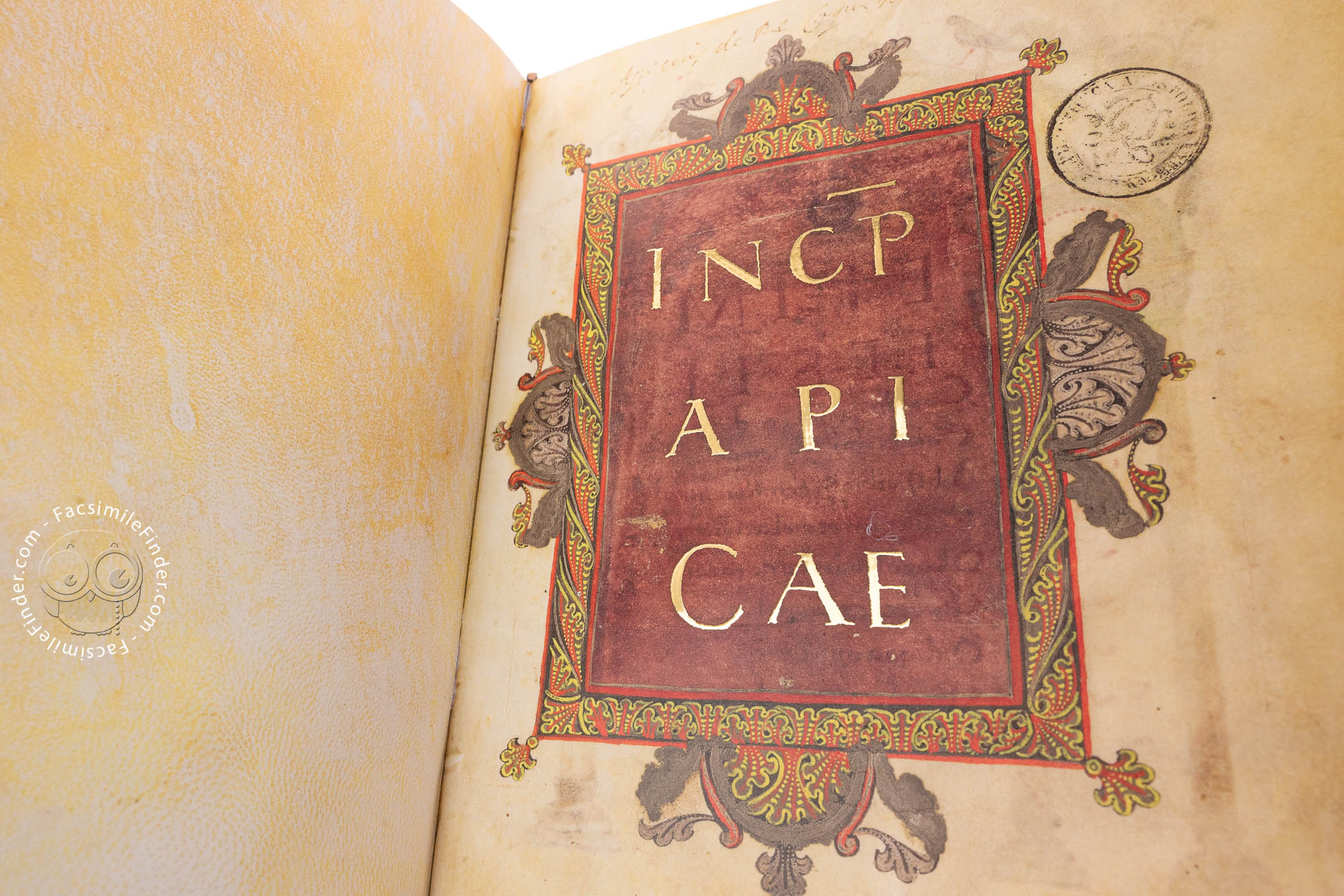
Apicius De Re Coquinaria « Facsimile edition
De Re Coquinaria quiere decir, simplemente La Cocina, y supone un notable esfuerzo de sistematización de los conocimientos culinarios de su época. El momento en el que está escrito representa una época de añoranza de la Roma clásica, ya en el declive del Imperio. El libro, en un latín imperfecto, deriva del estoicismo hacia el lado.
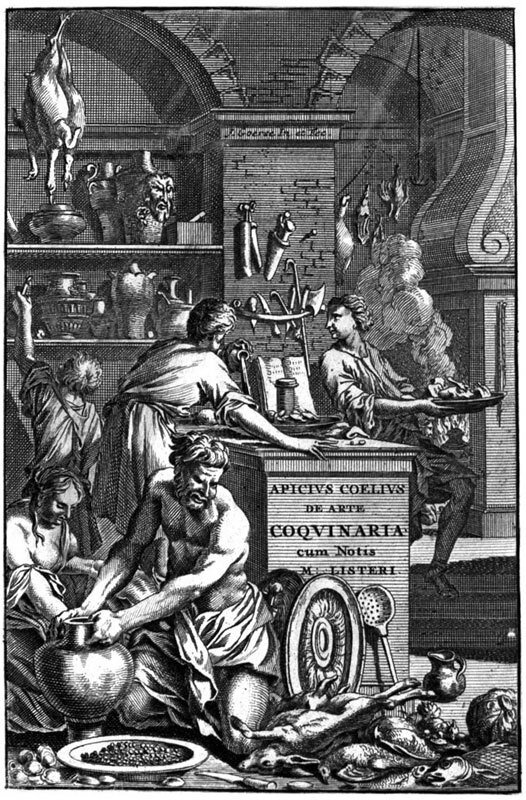
De re coquinaria.by Apicius. Amstelodami Apud JanssonioWaesbergios, 1709 · Special
Title. Cookery and Dining in Imperial Rome. Credits. Produced by David Starner, Sam W. and the Online Distributed. Proofreading Team at http: //www.pgdp.net.

De re coquinaria YouTube
This is the first English translation of Apicius de re Coquinaria, the oldest known cookbook in existence. It is also one of the few translations of this original Roman cookbook prepared by a professional chef. Joseph Vehling's brilliant translation, extended introduction, and full and helpful commentary combine to bring you a clear picture of.

APICIO DE RE COQUINARIA
Food in ancient Rome "De re coquinaria" is divided into 10 books, each dedicated to different types of ingredients: Epimeles: the first book is about preserving fruits and vegetables, olives, and how to store vine.Best practice to store meat for a long time and how to recognize bad honey.

Apicius De Re Coquinaria Biblioteca Apostolica Tavola Mediterranea
Book from Project Gutenberg: Cookery and Dining in Imperial Rome Library of Congress Classification: TX Note: De re coquinaria. English Addeddate 2011-06-28 20:29:16 Call number gutenberg etext# 29728 Identifier cookeryanddining29728gut Identifier-ark ark:/13960/t3cz4cs1j Rights
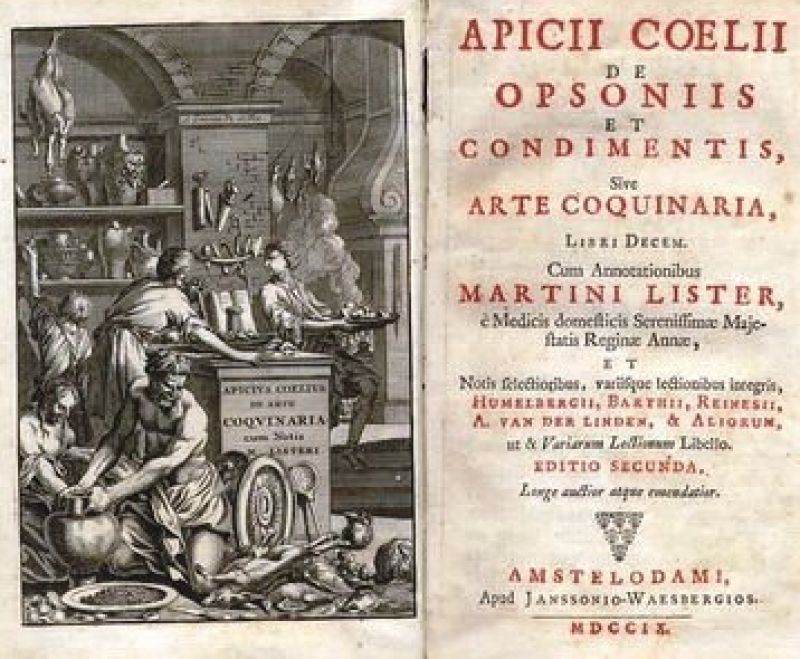
De re coquinaria Apicio
The book "De Re Coquinaria" is often translated into English with the title "Cookery and Dining in Imperial Rome," though the name literally translates as "The Art of Cooking." It's the oldest surviving intact collection of recipes in the world. The ancient Romans famously enjoyed lavish feasts and indulgent foods, and the variety in this book.
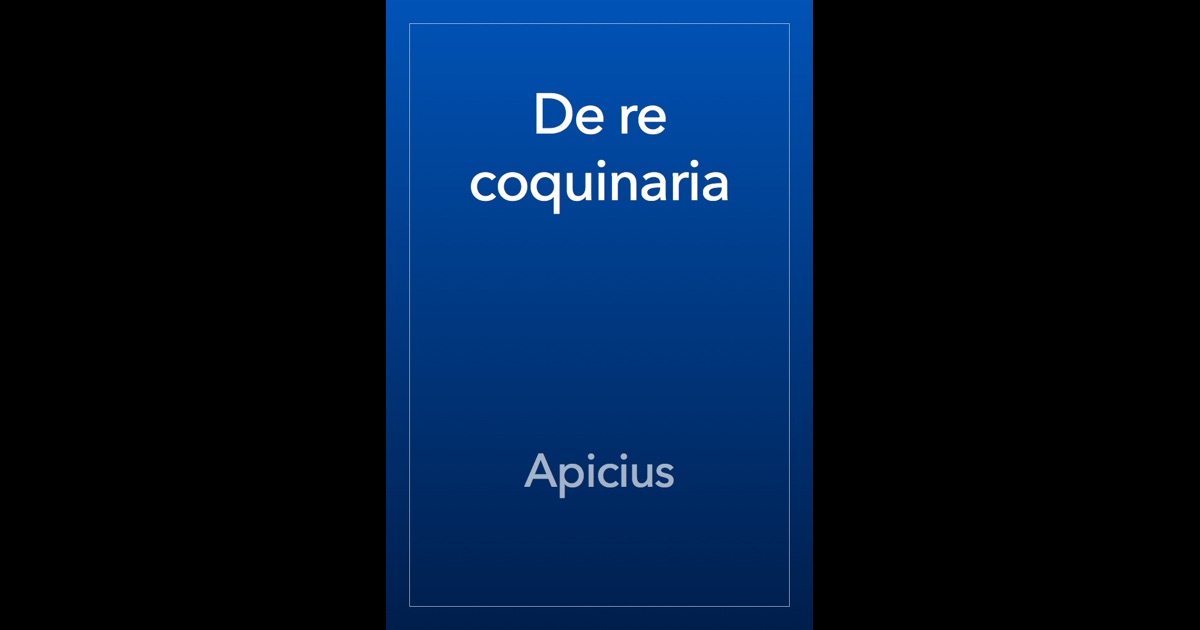
De re coquinaria by Apicius on iBooks
The earliest collection of recipes that has survived in Europe is De re coquinaria, written in Latin. An early version was first compiled sometime in the 1st century and has often been attributed to the Roman gourmet Marcus Gavius Apicius, though this has been cast in doubt by modern research. An Apicius came to designate a book of recipes. The.

Apicius De Re Coquinaria « Facsimile edition Bullet journal, The past, Journal
Ancient Book known as Apicius de re Coquinaria. NOW FOR THE FIRST TIME RENDERED INTO ENGLISH. BY. JOSEPH DOMMERS VEHLING. With a Dictionary of Technical Terms, Many Notes,. , Appicius de re quoquinaria (cf. No. 3, Apiciana). It is interesting to note that one of the Milanese editions of 1498 bears a title in this particular spelling. Enoche.
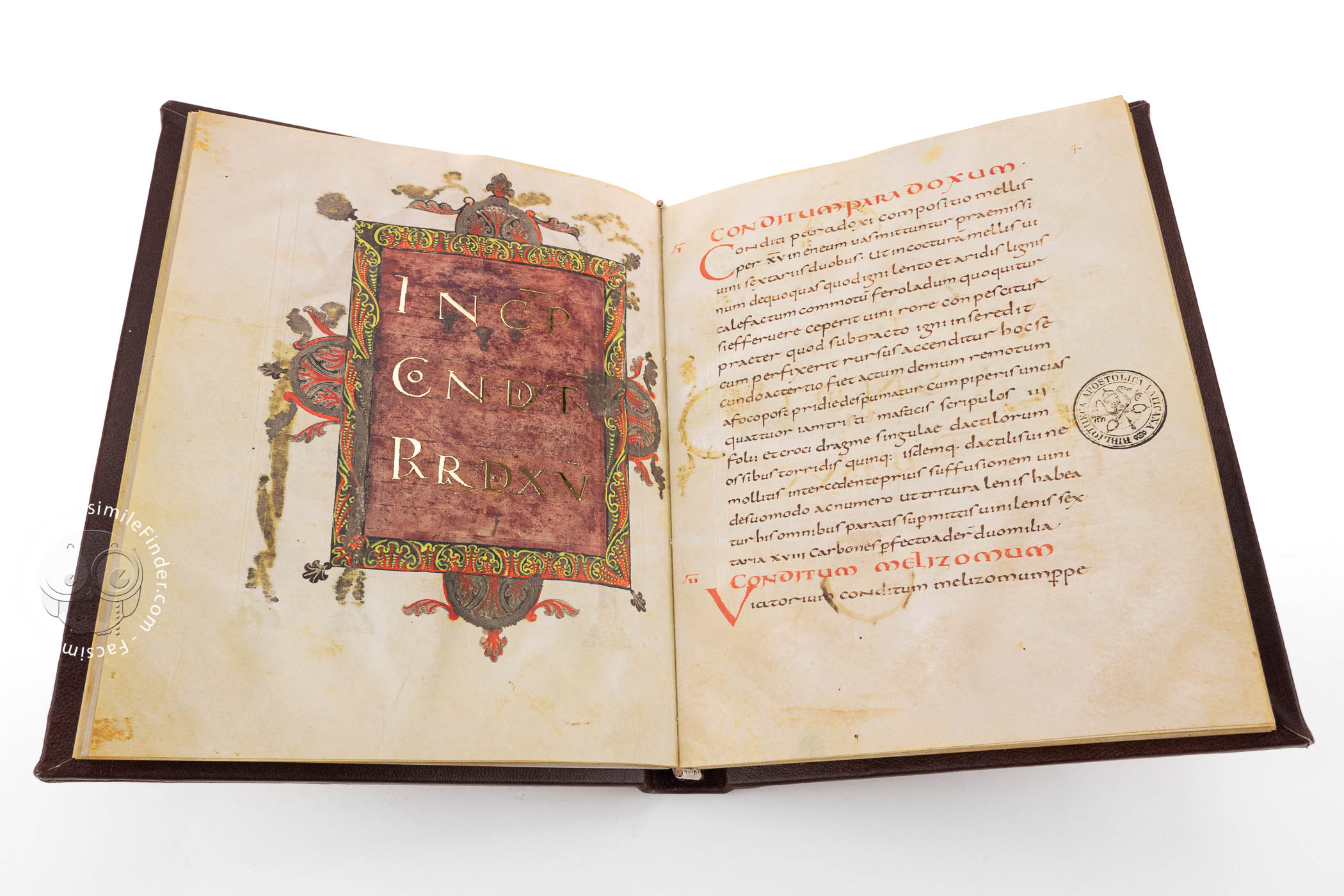
Apicius De Re Coquinaria « Facsimile edition
1541 CE manuscript of Apicius' De Re Coquinaria - a Roman cookbook - here named De Re Culinaria.
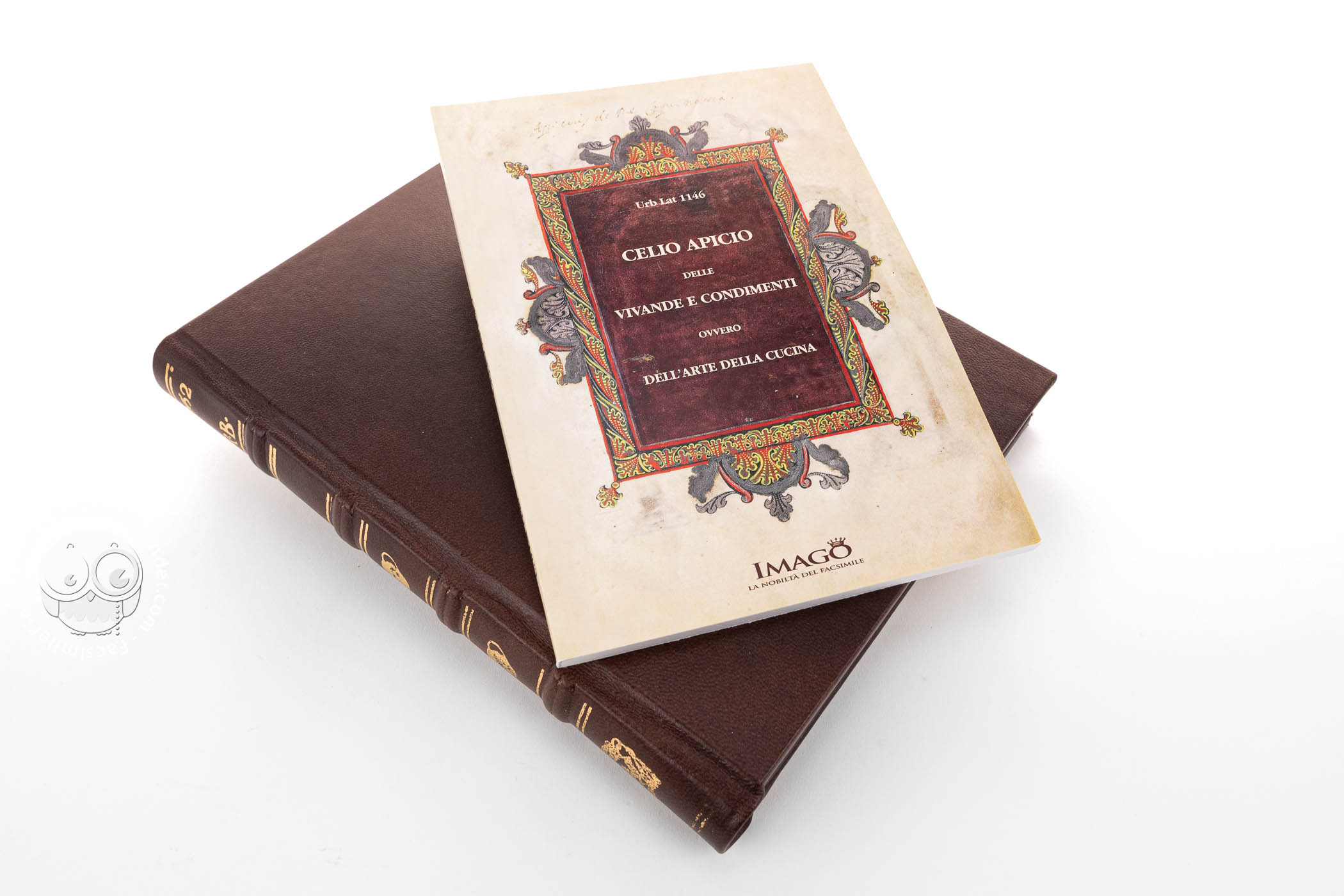
Apicius De Re Coquinaria « Facsimile edition
This is the first English translation of Apicius de re Coquinaria, the oldest known cookbook in existence. It is also one of the few translations of this original Roman cookbook prepared by a professional chef. Joseph Vehling's brilliant translation, extended introduction, and full and helpful commentary combine to bring you a clear picture of what foods the Romans ate, how they prepared them.
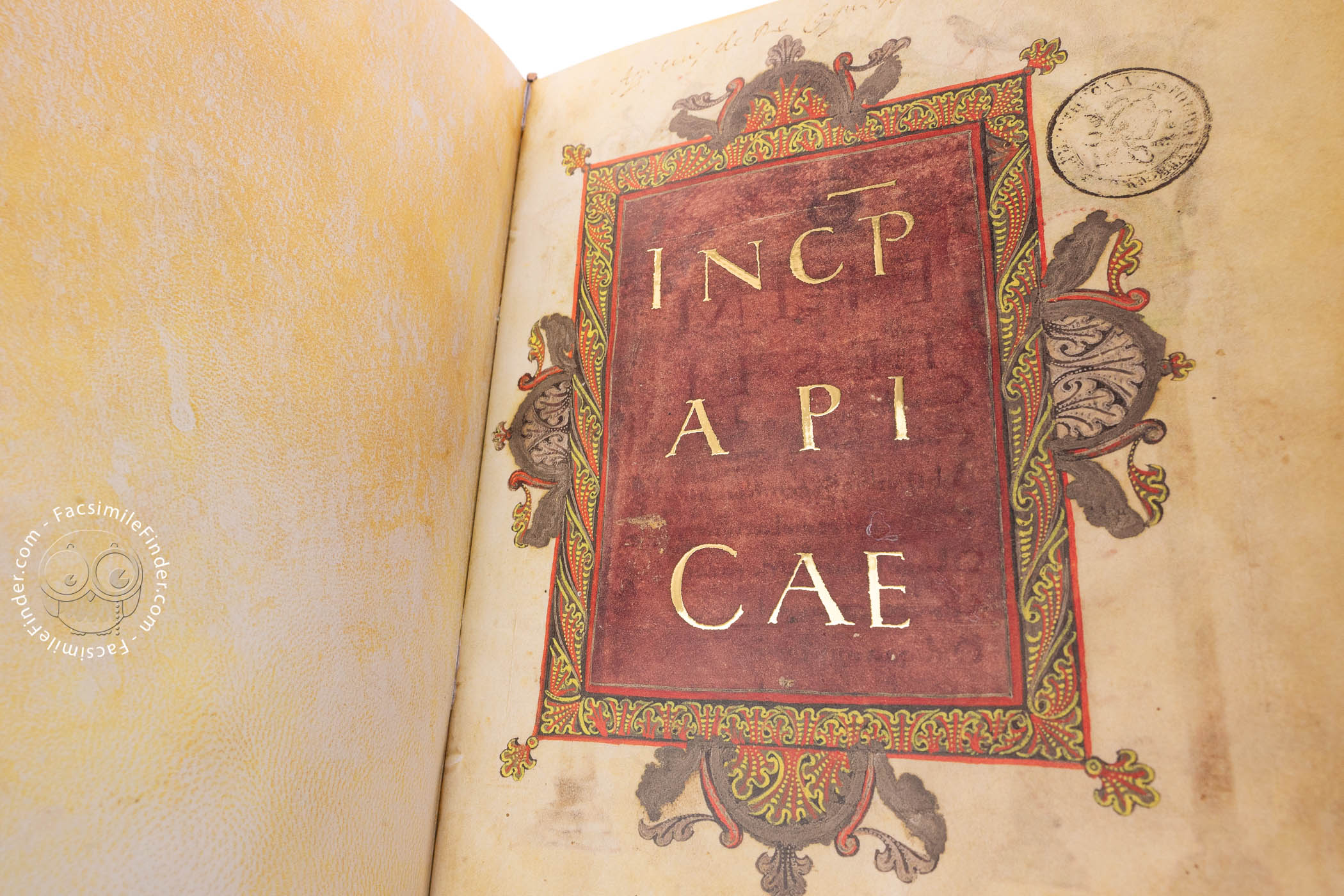
Apicius De Re Coquinaria « Facsimile edition
The book, originally titled De Re Coquinaria, is attributed to Apicius and may date to the 1st century A.C.E., though the oldest surviving copy comes from the end of the Empire, sometime in the 5th century. As with most ancient texts, copied over centuries, redacted, amended, and edited, the original cookbook is shrouded in mystery.
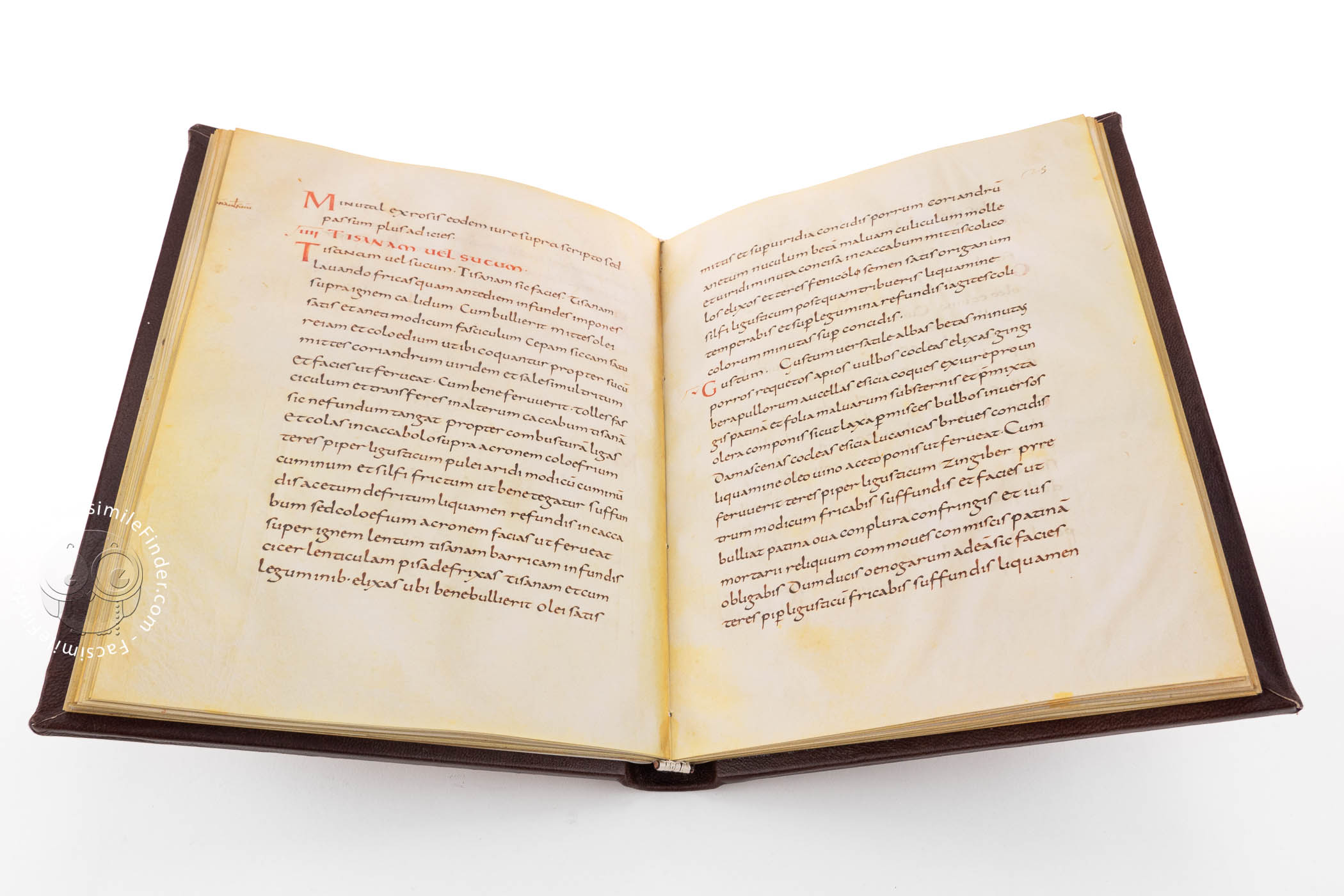
Apicius De Re Coquinaria « Facsimile edition
You may copy it, give it away or re-use it under the terms of the Project Gutenberg License included with this eBook or online at www.gutenberg.org Title: De Re Coquinaria Librorvm X Qvi Dicvntvr De Re Coqvinaria Author: Apicius Editor: Cesare Giarratano Friedrich Vollmer Release Date: August 4, 2005 [EBook #16439] Language: Latin Character set.

De re coquinaria on Apple Books
But then you won't have ALL the recipes, and you'll miss out on the thirty recipes from the 'Extracts of Apicius' by Vinidarius (5th century), who used another redaction of 'De re coquinaria'. Worthwile extras: a glossary, original sources on Apicius, cooking and luxury dining, named recipes in Apicius, an article on garum and liquamen, and a.

La Historia De La Cerveza II Griegos & Romanos Corona Ð Espuma
Marcus Gavius Apicius, (flourished 1st century ce), wealthy Roman merchant and epicure during the reign of Tiberius (14-37 ce), after whom was named one of the earliest cookbooks in recorded history.The work conventionally known by his name, Apicius—officially titled De re coquinaria ("The Art of Cooking")—was likely not compiled until the 4th century.

de Re Coquinaria 9781497439627 Marcus Gavius Apicius Boeken
Roman Vermouth . Roman vermouth or Absinth is made thus: according to the recipe of Camerinum i : you need wormwood from Santo i or as a substitute, wormwood from the Pontus i , cleaned and crushed, one Theban ounce i of it, scruples of mastich, three each of nard leaves, costmary and saffron and eighteen quarts of any kind of mild wine. Filter cold. Charcoal is not required because of the.